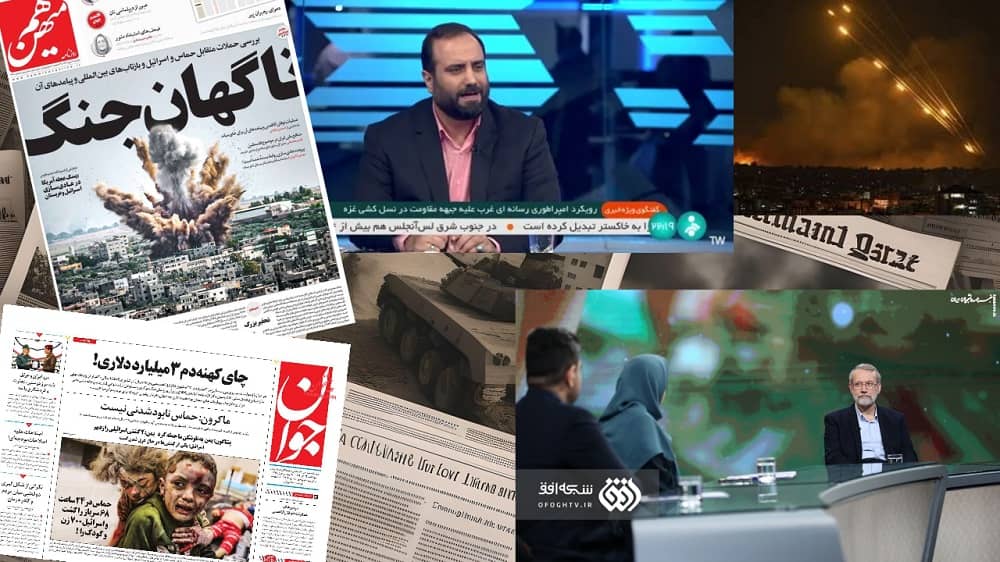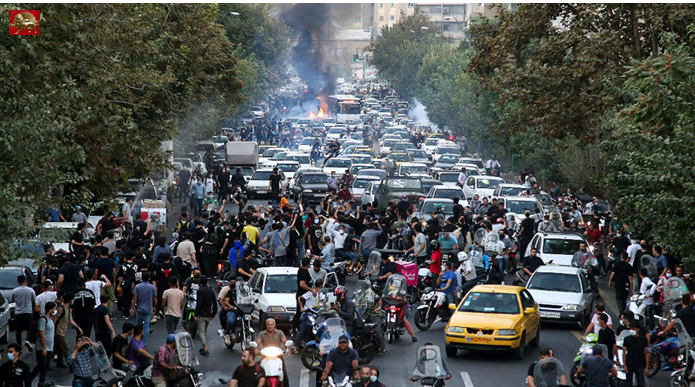

The Iranian regime, under the leadership of President Ebrahim Raisi, appears to be navigating a complex landscape of internal pressures and regional power dynamics.
Following the attack, President Raisi acknowledged the operation’s coordination between military and diplomatic branches, stating, “In this operation, the military and diplomatic branches of the Foreign Ministry had complete coordination, and each section performed its duty well.” This admission subtly indicates Tehran’s anxiety about escalating conflicts with Western powers and losing the element of surprise in military engagements.
Moreover, Saadollah Zarei, a former IRGC commander and now a commentator, outlined in the Kayhan newspaper that the operation named ‘Sincere Vow’ was not intended as a covert strike, emphasizing the lack of surprise as a tactical decision. This narrative was part of a broader attempt by Iranian officials to frame the attack as a calculated response rather than a desperate measure.
After Strike on Israel, #Iranian Regime’s #Media Crackdown Hints at Strategic Defeathttps://t.co/CvuPKPCGsb
— NCRI-FAC (@iran_policy) April 15, 2024
Further complicating the narrative, Abolfazl Amouee, spokesman for the Parliament’s National Security Commission, justified the strike as a preventative action against potential Israeli aggression. He claimed, “If last night’s action had not been taken, the Zionist regime might have made a miscalculated move and targeted inside our borders… Our dear people should know that if this action had not been taken, the Zionist regime might have made a different interpretation of Iran’s self-restraint.”
In the realm of psychological warfare, the Iranian regime also engaged in the dissemination of misleading information and fabricated images across social media platforms and state-controlled media. For instance, they circulated an old video of a fire in Chile as “evidence” of a successful missile strike on an Israeli base and misrepresented footage from a Ramadan event as Palestinians celebrating the attack at Al-Aqsa Mosque.
Critically, a state official who spoke to Reuters on the condition of anonymity expressed concerns about the Iranian public’s reaction to the ongoing economic difficulties and social restrictions. The official feared that escalating military conflicts might rekindle domestic protests, adding another layer of complexity to the government’s strategy in handling both external and internal challenges.

This recent series of events underscores the delicate balance Tehran seeks to maintain in projecting strength abroad while managing growing dissatisfaction at home. The Iranian leadership continues to navigate these turbulent waters amid criticisms and the ever-present threat of further regional instability.

MEK Iran (follow us on Twitter and Facebook), Maryam Rajavi’s on her site, Twitter & Facebook, NCRI (Twitter & Facebook), and People’s Mojahedin Organization of Iran – MEK IRAN – YouTu







